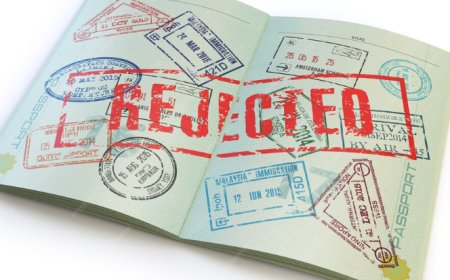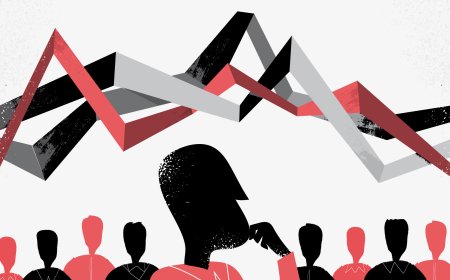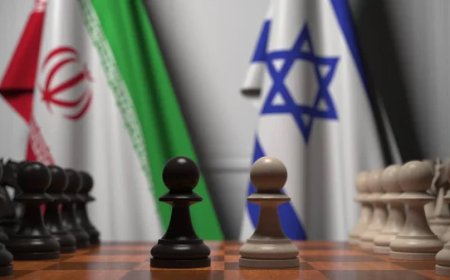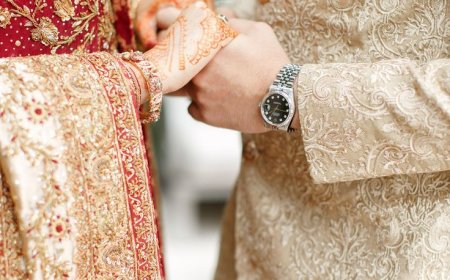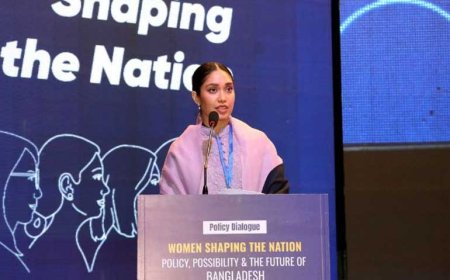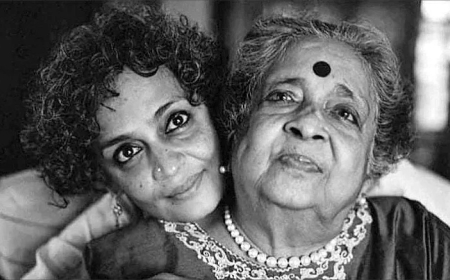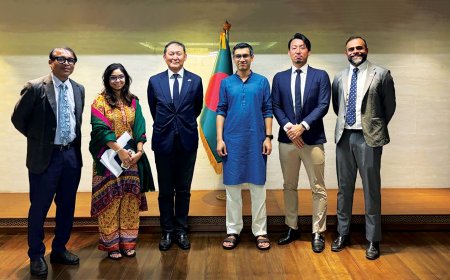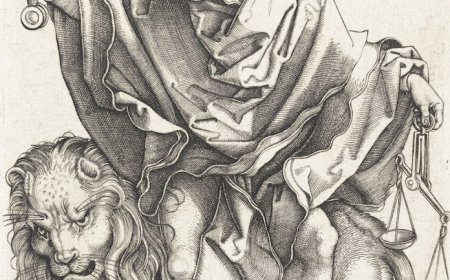What Makes a Soldier? The Bangladesh Army Faces a Moral Catharsis
The army as an institution must not be tainted by the criminal misdeeds of a few. Those officers betrayed their sacred oath -- service before self, death before dishonour.
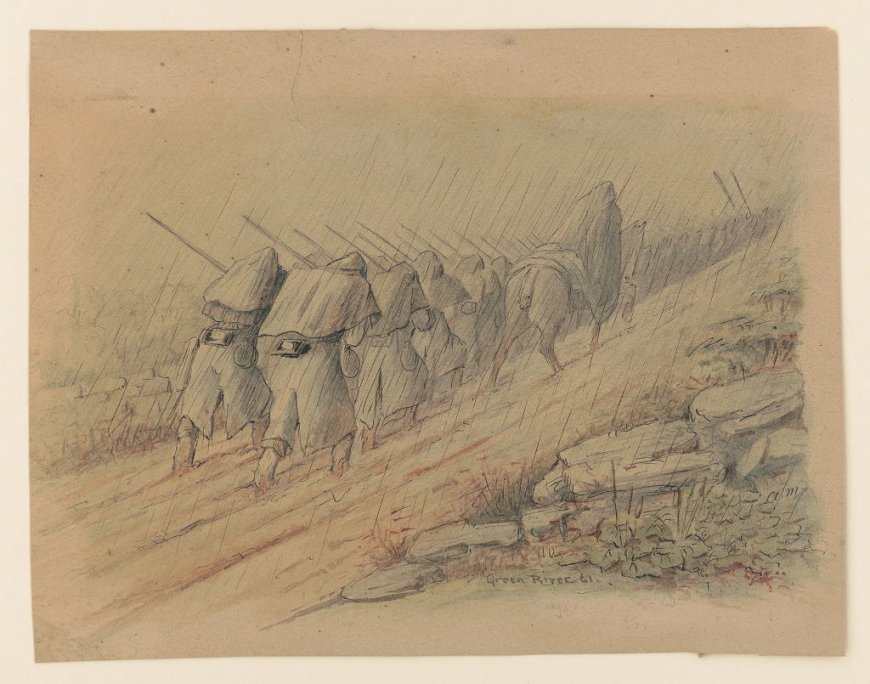
Soldiering is not a profession; it is a lifelong tryst with honour. It stands above all other occupations because it demands the ultimate sacrifice. When called upon, a soldier must be prepared to lay down his life for the nation -- an obligation from which every other profession is exempt.
A soldier is not a government employee in the conventional sense. He is the sentinel of the nation’s territorial integrity -- the guardian who protects our land from foreign intrusion and stands ready to repel any invasion. His life is governed by an unbreachable code of discipline and morality, enshrined in the sacred rules and traditions of the armed forces. Society therefore expects him to embody the highest standards of honesty, integrity, and patriotism. Any violation of this sacred code invites the severest punishment -- even death.
The Bangladesh Army was born from the sweat and blood of our freedom fighters. They not only waged a nine month war to liberate our land but also laboured in the post-war years to rebuild the country and form a new army from scratch. It was an army that the people loved, respected, and took pride in -- an army led by true heroes of courage, conviction, and uncompromising integrity.
Let me recall a few shining examples from those formative years:
Major Jalil’s Confrontation with the Indian Army
In the early months after liberation, the Indian Army engaged in widespread looting -- removing valuable machinery from industries and carting away arms and ammunition abandoned by the defeated Pakistan Army. Unable to tolerate this humiliation, Sector Commander Major Jalil confronted the Indian troops. A heated exchange ensued, leading to a brief gunfight. Instead of being commended for defending national honour, Major Jalil was dismissed by the then government.
Lt. Col. Ziauddin, Bir Uttam, The Conscience of the Army
The late Lt. Col. Ziauddin, one of the brightest officers of the Bangladesh Army and a hero of the Liberation War, was described by General M. A. G. Osmani as a “Dalai Lama.” Disillusioned by the corruption, smuggling, and lawlessness that plagued the Awami League government under Bangabandhu, Ziauddin wrote a searing article in the Holiday newspaper, lamenting that “we did not fight for these scoundrels.” He added, “We fought the war without a leader; if necessary, we must change the leader for the sake of the nation.” A furious Bangabandhu summoned him, demanding an apology and retraction. True to his principles, Ziauddin refused -- and was expelled from the army.
General Ziaur Rahman, Integrity in Leadership
In November 1975, following the abortive coup led by then-CGS Brigadier Khaled Mosharraf, Bir Uttam, General Ziaur Rahman was placed under house arrest and forced to resign as Chief of Army Staff. Known for his unimpeachable integrity, Ziaur Rahman instructed his personal staff to find him a modest flat for rent at only Tk 1,000 per month -- a testament to his frugality and personal honesty. Though the army chief, he owned no property in Dhaka.
These examples illustrate the moral fibre on which the Bangladesh Army was built.
Over the past three decades, the army has carried Bangladesh’s flag to the farthest corners of the world as one of the largest contributors to UN peacekeeping operations. Our soldiers have served -- and died -- in some of the world’s most dangerous conflict zones. They have saved countless lives and earned global respect for their courage and humanity. The foreign exchange they remit home has strengthened our economy and enhanced our reputation. Yet, certain foreign quarters -- and regrettably, some from within -- have tried to lobby against Bangladesh’s participation in UN peacekeeping.
First forward to the July/August uprising.
Despite allegations of involvement in suppressing the July-August 2024 student uprising, the army ultimately redeemed itself by refusing to carry out Sheikh Hasina’s brutal orders to fire on unarmed protesters. Had the army obeyed, the country would have descended into a bloody tragedy. By defying those orders, it reaffirmed its ultimate loyalty to the nation -- not to any individual.
It is true that General Waker, the current Army Chief, is related to Hasina, and that kinship may have influenced his appointment. But in the defining moment, he chose duty to the nation over family loyalty. That single act restored public faith in the army as an institution that serves the people, not the powerful.
Today, however, the Bangladesh Army faces one of the most serious challenges in its history. The recent order by the International Crimes Tribunal (ICT), directing the army headquarters to produce 25 former and serving senior officers -- including several generals -- has shaken the very foundation of the institution. This is unprecedented, and the shock within the ranks is understandable.
But let us be clear: the army as an institution must not be tainted by the criminal misdeeds of a few. Those officers betrayed their sacred oath -- service before self, death before dishonour. They disgraced themselves, ruined their family honour, and brought shame upon the proud legacy of the armed forces.
The ultimate responsibility lies with Sheikh Hasina, who enticed these officers with money, promotions, and impunity in exchange for blind loyalty to her authoritarian rule. By cooperating with the legal process -- under due procedures and protocols -- the Bangladesh Army has sent an unequivocal message: the army is no sanctuary for criminals, killers, or thugs.
It is now imperative that the army undergo a moral exorcism -- to cleanse itself of any remaining corruption and reaffirm the ethical foundations upon which it was built. Its code of conduct must once again enshrine what it truly means to be a soldier of Bangladesh: to serve with honour, to lead with integrity, and to live -- or die -- for the nation.
Ashraf Ud Doula is a freedom fighter, a retired major who lost a leg in service to the nation, and a former Secretary and Ambassador of Bangladesh.
What's Your Reaction?














